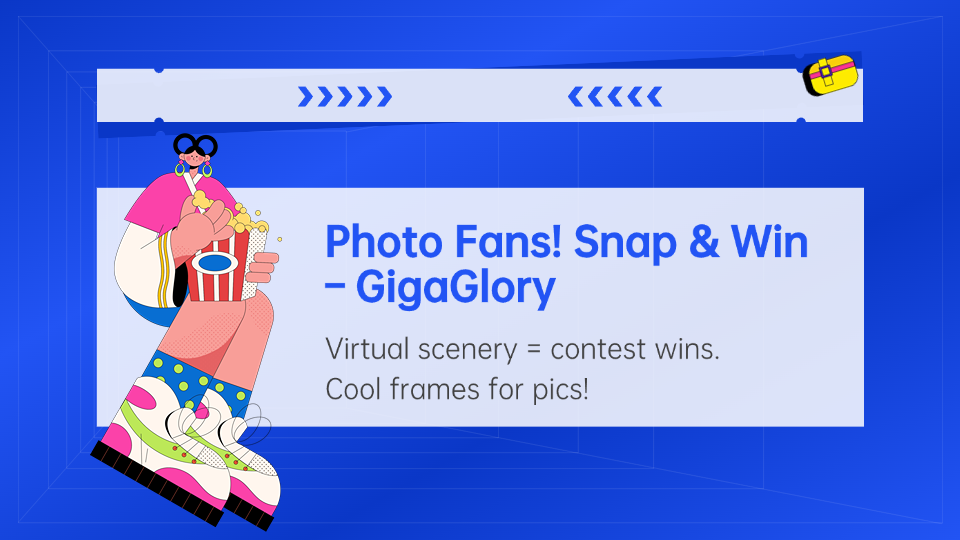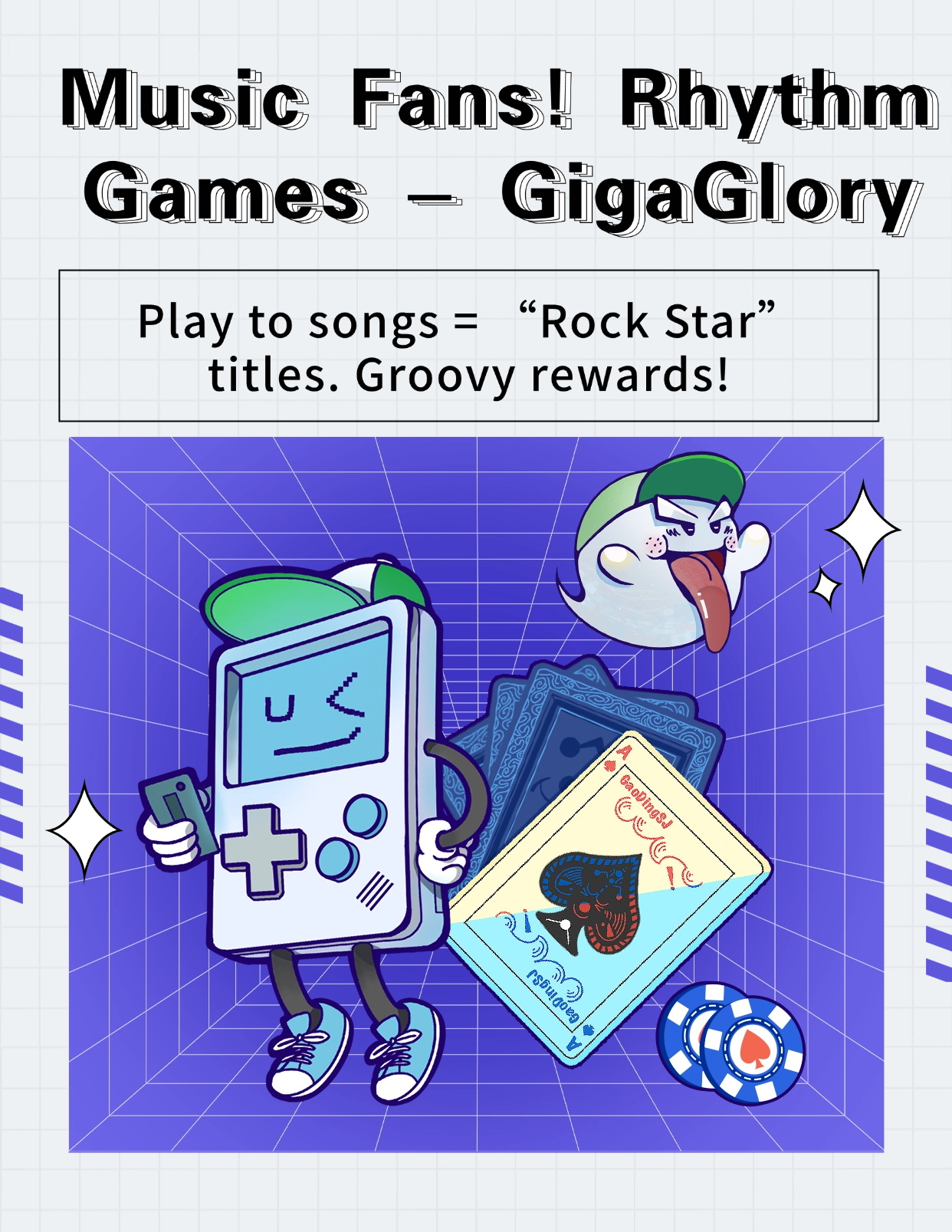Unlock Your Imagination: The Rise of Creative RPG Games in Modern Gaming
In the ever-evolving landscape of gaming, the surge of creative games, particularly in the realm of RPGs (Role-Playing Games), has drawn significant attention. This article delves into the transformative power of imagination in game design and how it shapes player experiences in modern gaming.
The Evolution of RPG Games
Historically, RPGs were typically confined to traditional static stories with linear progression. The rise of creative games has shifted this perspective, enabling players to become integral authors of their own narratives. Today’s RPGs like "The Witcher" series and "Final Fantasy" are prime examples of how expansive worlds allow players to carve out unique adventures.
Interestingly, many RPGs incorporate elements from other game genres, enhancing creativity. For instance, the integration of sandbox mechanics allows players to manipulate their environment, experimenting with different outcomes. This hybridization reflects a broader trend of diversification in gaming, promising richer experiences.
Innovative Features in Today's RPGs
The rise of creative RPG games also showcases innovative features that captivate gamers. Here’s a quick comparison of notable characteristics:
| Feature | Description | Example |
|---|---|---|
| Character Customization | Players can craft their characters down to fine details. | "Cyberpunk 2077" |
| Dynamic Storytelling | Choices lead to diverging narratives and endings. | "The Outer Worlds" |
| Community Engagement | Players share stories, mods, and experiences online. | "Minecraft" |
Such features have not only enhanced playability but have also fueled community dialogue, making RPGs more dynamic. The EA Sports FC 25 Pro Clubs, for instance, integrates RPG elements into sports gaming, allowing players to progress their avatars uniquely and socially engage within the game environment.
Impact of Creative Inspiration: The Vietnam War Last Battle Game
One fascinating take on the creative RPG phenomenon is the "Vietnam War Last Battle Game." This game stands out not just for its immersive gameplay but also for how it draws inspiration from real-world events. Through creative storytelling rooted in historical context, players can navigate complex moral scenarios, echoing the rivalry of war while retaining the freedom that RPGs afford.
The way such games incorporate real-life narratives demonstrates the power of creativity at its best. Here’s a brief list of elements that contribute to its success:
- Historical Accuracy: Engaging scenarios that respect history.
- Player Choices: Decisions impact both character development and story.
- Strategic Planning: Players must employ strategy, reflecting real combat challenges.
What Lies Ahead for Creative RPG Games?
As gaming technology continues to advance, we can expect even more innovative features to emerge in the creative RPG landscape. Artificial intelligence might play a crucial role in creating responsive game worlds, where NPCs adapt to player actions in real-time, further enriching user immersion.
Moreover, the potential for VR (Virtual Reality) and AR (Augmented Reality) in RPGs leads to a future where players can step directly into their narratives, unlocking boundless possibilities for engagement and exploration.
Conclusion
Creative RPG games have revolutionized the gaming industry by transforming players into authors of their adventures. With innovative features that promote storytelling and community engagement, these games stand as a testament to how creativity can unlock imaginations. As shown through examples like the Vietnam War Last Battle Game, the integration of real-life narratives enhances the immersive experience. With the horizon expanding for what RPGs can become, there's no telling how exciting the future of gaming may be.



